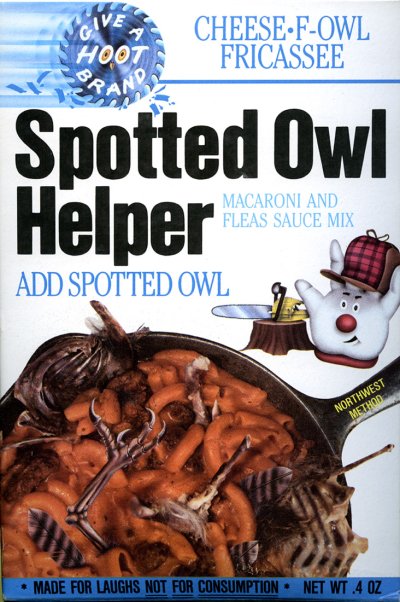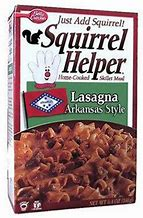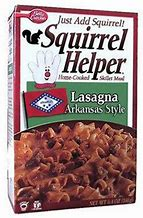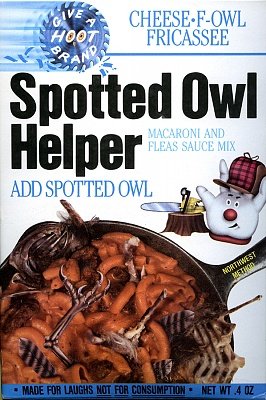In the United States, a nationwide compilation of these metered quantities by the United States Geological Survey (USGS) shows average domestic water deliveries (for both indoor and outdoor purposes) by public water suppliers to single-family and multifamily dwellings were about 89 gallons (337 liters) per person per day in 2010 and 83 gallons (314 liters) in 2015. [That works out to 32,485 gal per person per year or 86,000 gal per househould per year for all usage in 2010 - indoors and outdoors. And 30,295 gppy or 80,300 gphy in 2015]
Indoor water use includes water flows through fixtures and appliances inside the house. The average daily indoor water use per household (averaging 2.65 people in the North American sample) ranged from zero to 644 gphd (gallons per household per day) and averaged 138 gphd, with standard deviation of about 80 gphd (or 521 liters per day and standard deviation of 300 liters). The equivalent average use per person is 52.1 gpcd (gallons per capita per day) or 197 liters per capita per day. Because the distribution of indoor use in the sample of homes is positively skewed, a more appropriate measure of central tendency is the median, which is about 125 gphd (or 472 lphd).
The outdoor residential water use includes landscape irrigation, filling and back washing swimming pools, water used through outdoor faucets (hose bibs) for washing pavement and cars, and other outdoor uses. Annual outdoor use in North American cities differs by climatic region and ranged from 13,000 gallons in Waterloo, Canada to 120,400 gallons in Scottsdale, Arizona. The average outdoor use across 9 sampled cities in the Water Research Foundation study was 50,500 gallons per household per year or 138 gallons per day (524 liters per day). Nearly 17 percent of homes irrigate their landscapes in excess of theoretical irrigation requirement. If excess irrigation could be eliminated, the average outdoor use would drop by 8,200 gallons per house, or by 16 percent.






